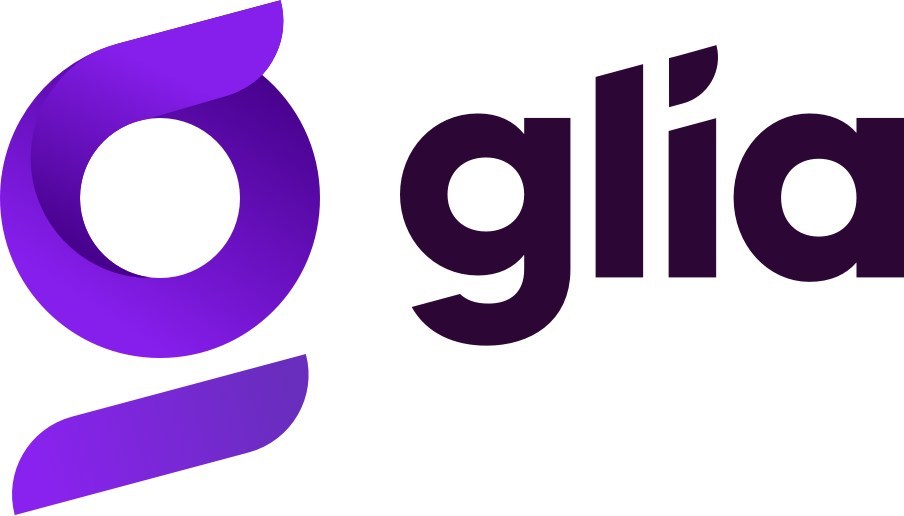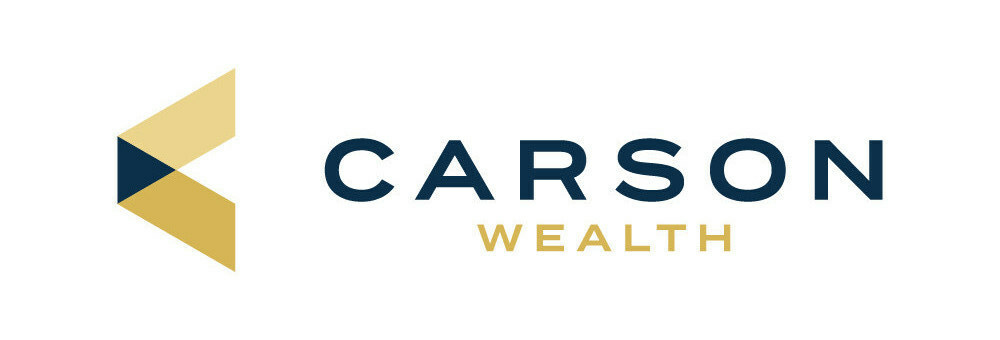Average Job Sees 1/3 of Its Required Skills Change in Just 3 Years; New Analysis Shows How Companies Must Rethink Talent Strategies To Stay Ahead of Disruption
MOSCOW, Idaho, Jan. 22, 2025 -- A new report from Lightcast, a trusted provider of global labor market data, analytics, and expert guidance, finds that one-third of the required skills for the average job have changed over the last three years in the United States, creating a challenge for workers, companies, and educational institutions to keep pace with the rapid evolution in skills.
The report, "The Speed of Skill Change," shows that 32% of the skills required for the average job are different in 2024 than they were in 2021, with roles in the STEM fields leading the change. For the top 25% of occupations, the turnover is even higher: 75% of their skills have changed.
Put into context, this rapid evolution means at least one-third of the skills second-year college students are learning right now could be obsolete by the time they graduate, and that has serious implications for students, the institutions training them, and the organizations hiring them. Or if a business were to build a workforce strategy based on only what job titles its employees hold, they would also be missing crucial insight into how different those titles are compared to even a few years ago. This further underscores the need for the entire workforce ecosystem to quickly pivot to an agile, skills-based talent strategy in order to attract, train, and retain a future-ready workforce.
"The fact that skill demand is changing so quickly should be an urgent call to action for organizations to accelerate their transition to a skills-based approach," said Cole Napper, VP of Research & Innovation at Lightcast. "That includes rethinking everything from the skills taxonomy they use and how they write job descriptions, to how they recruit and from where, to reskilling and upskilling strategies for their current staff so they can stay relevant to meet market demands."
Lightcast's report uses a proprietary Skill Disruption Index to score every occupation based on how much it has changed over the past three years. It also shows that the pace of change is being driven primarily by three undercurrents:
- Generative AI, which has permeated virtually every industry, forcing new skills acquisition in both technical and non-technical roles like education, marketing, and digital content creation. Lightcast's research shows the number of GenAI-specific job postings has skyrocketed 15,625% over the past three years.
- Green technology, which has also expanded rapidly across nearly every business sector, driving demand for sustainability skills in even the most unexpected roles like Case Worker, Data Scientist, and Supply Chain Management.
- Cybersecurity—also a ubiquitous and fast-growing field impacting every industry—has seen steady growth in technical, managerial, and compliance roles. The demand for cybersecurity skills has even surged over 570% in biomedical roles and nearly 400% among laboratory technicians.
This new data, complicated by the massive looming labor shortage, has profound implications for businesses, communities, individuals, and learning institutions who must figure out how to stay ahead of the curve.
"Using data to quantify the scale and nature of skill change allows organizations to identify emerging skills, spot key trends, and proactively evolve their talent strategies to stay ahead of their competition," Napper said. "Otherwise, they may find themselves left behind, struggling to hire the right candidates or losing staff due to a lack of continuous development opportunities."
In addition to providing insights like which occupations face the biggest skills turnover, Lightcast's Speed of Skills Change report also suggests critical coping strategies for companies like re-assessing job architecture, workforce planning tips, and how to address skill and capacity gaps.
As a companion, organizations can leverage resources such as Lightcast's free Open Skills Library to standardize their skills language based on the current taxonomy, and its Skills Navigator to assess and advance their skills-based maturity with expert guidance on aligning skills to business needs.
This month, Lightcast will be releasing additional analysis on skills disruption in the United Kingdom. To learn more about The Speed of Skills Change in the U.S., download the report now at https://lightcast.io/resources/research/speed-of-skill-change.
About Lightcast
Lightcast provides trusted global labor market data, analytics, and expert guidance that empowers communities, corporations, and learning providers to make informed decisions and navigate the increasingly complex world of work. With a database of more than one billion job postings and career profiles, our team provides best-in-class customer service with robust data, clear analysis, and expert guidance on skills, jobs, and opportunities.
Lightcast is active in more than 30 countries and has offices in the United States, United Kingdom, Canada, Italy, New Zealand, and India. For more, visit lightcast.io.
MEDIA CONTACT:
Cara Christopher, media@lightcast.io, 208-883-3500
This News is brought to you by Qube Mark, your trusted source for the latest updates and insights in marketing technology. Stay tuned for more groundbreaking innovations in the world of technology.









